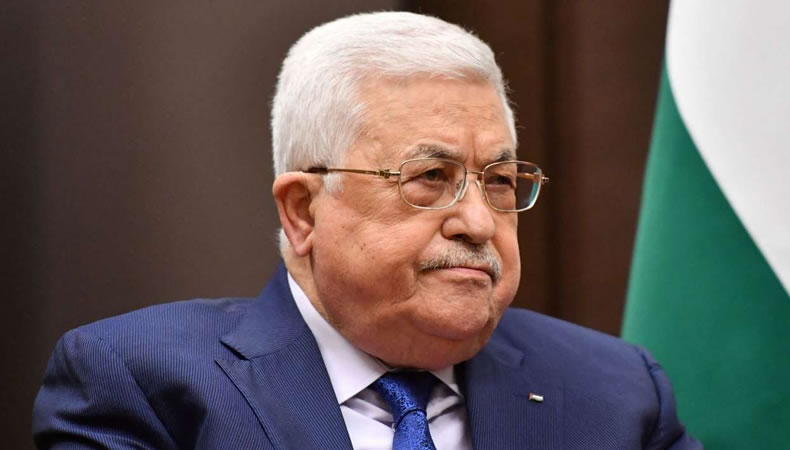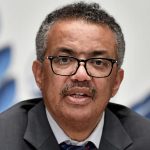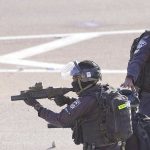Abbas threatens Israel to find a political solution or the “West Bank would erupt.”

In rare discussions on Wednesday, Palestinian President Mahmoud Abbas told Israeli Defense Minister Benny Gantz that if there is no political settlement to the Palestine-Israel dispute, the occupied West Bank will “explode.” On his first official visit to Israel since 2010, Abbas led a high-ranking group and met Gantz at his house in the center village of Rosh HaAyin.
Following that, Israel released a package of “confidence-building measures.” There was a $32 million advance payment of taxes collected on Palestine’s behalf by Israel, as well as 600 more entrance permits for Palestinian business people into Israel. 6,000 Palestinians living in the occupied West Bank were also “regularized” by Israel.
The focus of the meeting, however, was political, according to Palestinian Civil Affairs Minister Hussein Al-Sheikh. “President Abbas made it plain to Gantz that we are experiencing the last opportunity before an explosion occurs, and that the situation might easily blow up without a political solution,” he added.
Related Posts
“What we stated, and what the Americans are telling the Israelis, is that unless there is a political process, all of the economic and security initiatives would fail.” Israeli efforts to improve living circumstances were little more than “cosmetic” initiatives, according to Sheikh, that would be useless if things became worse.
According to Ali Jarbawi, a political science professor at Birzeit University, Israel’s stances come from its weakness. “It is not held responsible for what happens to Palestinians… because this Israeli government’s unstable internal unity has shielded it from any external criticism,” he added.
Every important party, according to Jarbawi, has advised the Palestinian leadership that there is no hope of a political process with the current Israeli government. “The Israelis would not have consented to this meeting if the Palestinian Authority was not experiencing financial and operational difficulties.”
The Palestinian governing system, according to Jarbawi, is likewise vulnerable, and the conference was held to help keep it alive. “However, one should not conclude that this is a favorable sign or that the political process has resumed.” In Gaza, Abbas’ negotiations with Gantz were panned. “This behavior by the Palestinian Authority leadership deepens the Palestinian political divide, complicates the Palestinian situation, encourages those in the region who want to normalize relations with the occupier, and weakens the Palestinian rejection of normalization,” Hazem Qassem, a Hamas spokesman, said.













